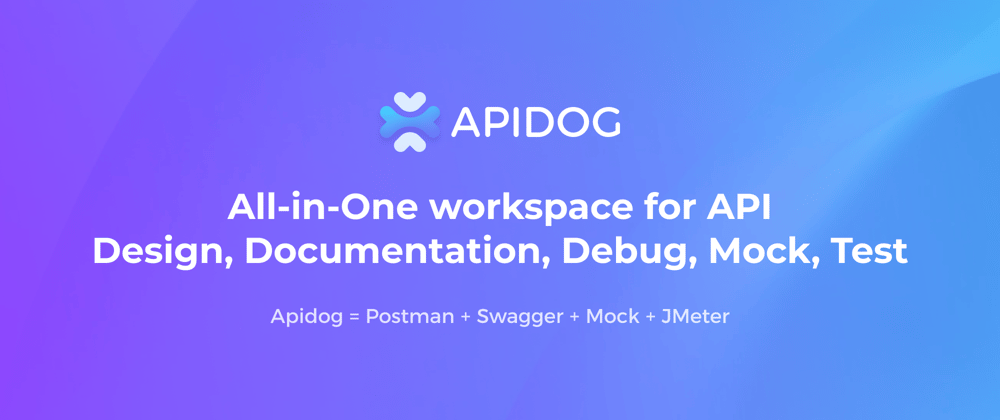Can I Use Postman Free For Commercial Use
Can I Use Postman Free for Commercial Use? A Comprehensive Guide
Postman, a popular API platform, offers both free and paid plans. While the free plan provides a robust suite of features for individual developers and smaller teams, you might wonder: can I use Postman’s free plan for commercial use? The short answer: yes, you can!
Postman’s Free Plan: What’s Included?
Postman’s free plan is designed to cater to individual developers, small teams, and even businesses. It includes the core functionality you need to:
- Send Requests: Craft HTTP requests effortlessly, including GET, POST, PUT, DELETE, and more.
- Test and Validate Responses: Analyze response codes, headers, and body content to verify API behavior.
- Build Collections and Workspaces: Organize your API requests into collections for easy management and team collaboration.
- Create Automated Tests: Run tests against your APIs to ensure they meet specifications.
- Document Your APIs: Generate intuitive documentation for your APIs with the help of interactive examples.
Using Postman Free for Commercial Purposes: Case Study
Let’s say you’re building a startup with a web application that relies on an internal API for core functionalities. You want to test this API thoroughly and make sure it’s reliable for your users. Here’s how you can leverage Postman’s free plan for this:
- Create a Postman Account: Sign up for a free account on the Postman website.
- Set Up a Workspace: Create a workspace dedicated to your company’s API testing activities.
- Build a Collection: Organize your API requests related to different functionalities (e.g., user authentication, product listing, order placement) into different folders within your workspace.
- Write Tests: Include assertions within your requests to validate the expected responses and data structures.
- Run Tests in the Runner: Use Postman’s Runner feature to execute the tests in your collection.
- Analyze Results: Review the test results and troubleshoot any issues that arise.
Example Code:
// Example request in a Postman collectionPOST https://api.example.com/users
// Request HeadersContent-Type: application/json
// Request Body{ "username": "testuser", "email": "testuser@example.com"}
// Example Test within the requestpm.test("Status code is 201", function () { pm.response.to.have.status(201);});
pm.test("Response body contains username", function () { pm.expect(pm.response.text()).to.include("testuser");});Limitations of the Free Plan
While Postman’s free plan offers solid capabilities, it does have some limitations:
- Limited Team Collaboration: You’ll be limited to a smaller team size for collaboration.
- Restricted Workspaces: The free plan allows only a few workspaces.
- Limited Storage and Bandwidth: You’ll have limited storage for API collections and a cap on bandwidth usage.
- No Advanced Security Features: Features like CI/CD integrations and advanced security protocols are not included.
When to Consider the Paid Plan
If you find the limitations of the free plan hindering your work, consider upgrading to Postman’s paid plans:
- Team Plan: Ideal for teams needing robust collaboration features and increased storage.
- Business Plan: Offers comprehensive enterprise-grade features for security, governance, and scalability.
- Enterprise Plan: Provides tailored solutions for organizations with complex needs and customized functionalities.
Conclusion
Postman’s free plan is an invaluable tool for anyone engaged in API testing, even for commercial projects. While it has limitations, it provides a powerful set of features that are more than sufficient for many small to medium-sized businesses. As your needs evolve, you can explore Postman’s paid plans to unlock advanced features and capabilities.
